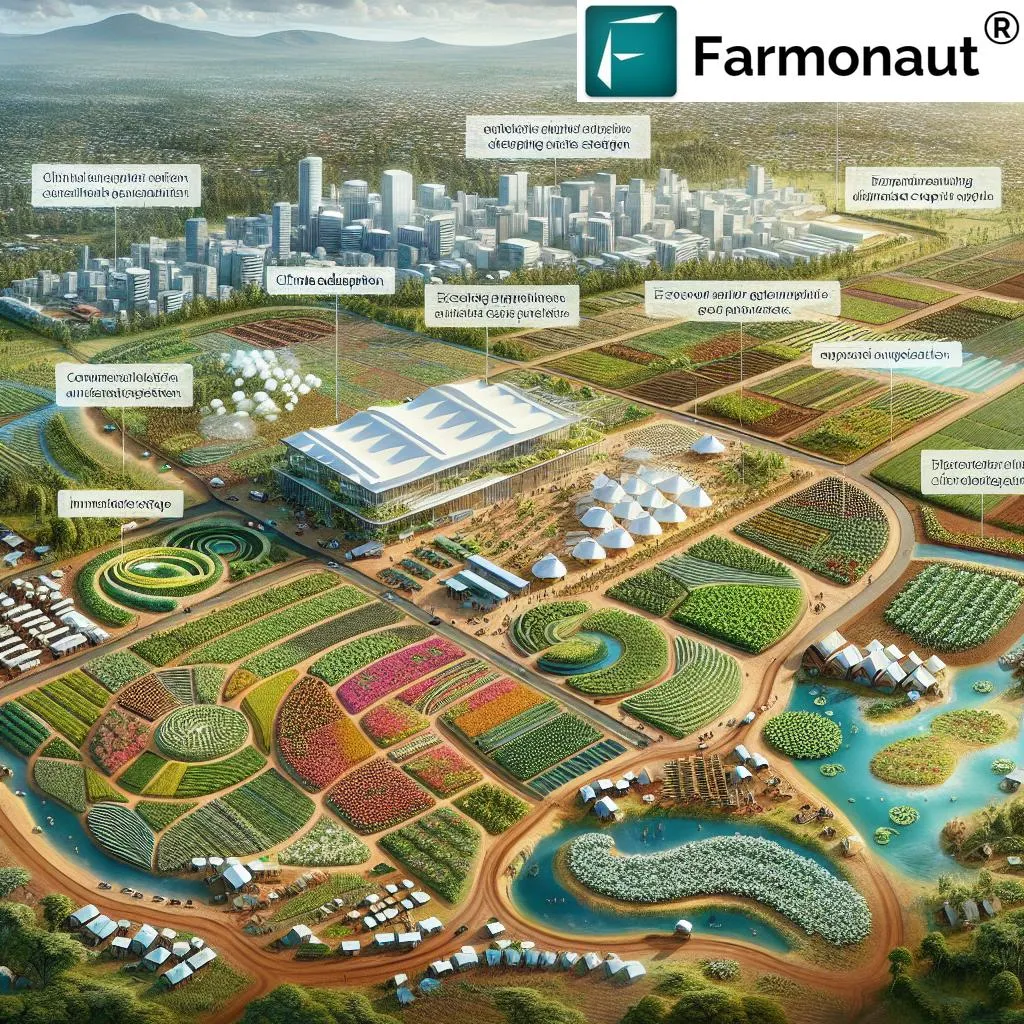In the heart of Rwanda, a groundbreaking innovation is set to revolutionize the way farmers monitor and protect their crops. Jean Pierre Nyakuri, a researcher at the African Centre of Excellence in Internet of Things (ACEIoT) at the University of Rwanda, has developed a portable, AI and IoT-powered device that promises to make crop pest and disease detection more efficient and accessible than ever before. This device, detailed in a recent study published in ‘Scientific Reports’ (translated to English as ‘Scientific Reports’), is not just a tool; it’s a game-changer for sustainable agriculture and food security.
The device, dubbed Tiny-LiteNet, is a lightweight convolutional neural network (CNN) optimized for edge applications. It integrates a high-definition camera for real-time plant image acquisition, a Raspberry-Pi 5 for edge processing, and a GSM/GPRS module for cloud communication. “This device is designed to be portable, cost-effective, and energy-efficient, making it suitable for resource-constrained environments,” Nyakuri explains. “It’s a practical tool for farmers, enabling real-time pest and disease detection.”
The implications of this technology are vast. Traditional CNN architectures like VGGNet-16, Inception, ResNet50, DenseNet121, MobileNetv2, and EfficientNetB0 have been outperformed by Tiny-LiteNet in terms of efficiency and suitability for edge computing. With an impressive accuracy of 98.6%, an F1-score of 98.4%, and a recall of 98.2%, the device boasts an inference time of just 80 milliseconds while maintaining a compact model size of 1.2 MB with 1.48 million parameters.
The commercial impacts of this research are significant. For the energy sector, the low power consumption of the device means reduced energy costs and a smaller carbon footprint. For farmers, it translates to healthier crops, increased yields, and improved food security. “This technology is not just about detecting pests and diseases; it’s about empowering farmers with the tools they need to make informed decisions,” Nyakuri says.
The future of agriculture is here, and it’s powered by AI and IoT. As climate change continues to exacerbate the challenges of maintaining crop health, innovations like Tiny-LiteNet are more crucial than ever. This research is set to shape future developments in the field, paving the way for more sustainable and efficient agricultural practices. With the publication of this study in ‘Scientific Reports’, the world is one step closer to a future where technology and agriculture go hand in hand, ensuring a healthier, more secure food supply for all.

